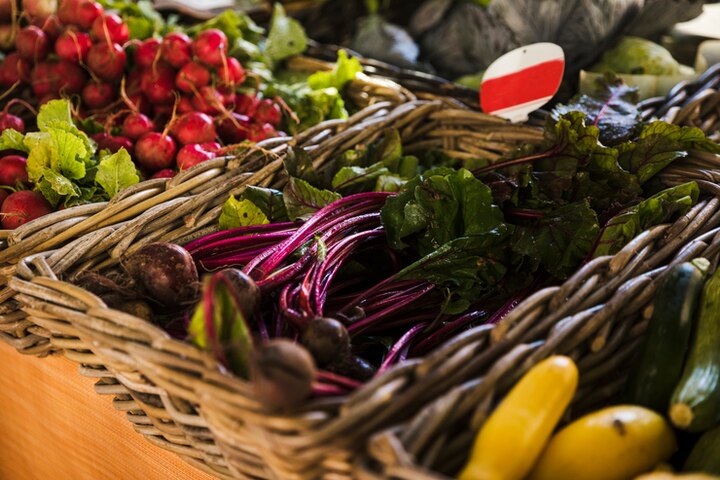Namibia’s Ban on South African Vegetables Poses Challenges for Local Farmers. South Africa’s agricultural trade with neighboring nations has encountered major hurdles in recent years, particularly due to import restrictions enforced by Namibia and Botswana. These limitations have disrupted market stability, impacting both farmers and traders reliant on regional exports.
However, recent developments indicate that Namibia may be reconsidering its prolonged ban on vegetable imports from South Africa, a decision that could provide much-needed relief for the agricultural sector.
Wandile Sihlobo, the chief economist at Agbiz, explained to Farmer’s Weekly that trade relations within the Southern African Customs Union (SACU)—which consists of Botswana, Namibia, Lesotho, and Eswatini—have been complicated.
Botswana recently lifted its restrictions in December 2024 following the election of President Duma Boko, but Namibia has yet to make any similar changes. Namibian authorities maintain that the ban is crucial for supporting local farmers and strengthening national food security.
While Namibia’s approach is designed to bolster its domestic agricultural sector, critics argue that it has also disrupted trade balance in the region. Bennie van Zyl, general manager of TLU SA, voiced concerns about the negative consequences for South African farmers, who depend on reliable markets to sustain profitability.
Join 'Namibia Today' WhatsApp Channel
Get the breaking news in Namibia — direct to your WhatsApp.
CLICK HERE TO JOIN






